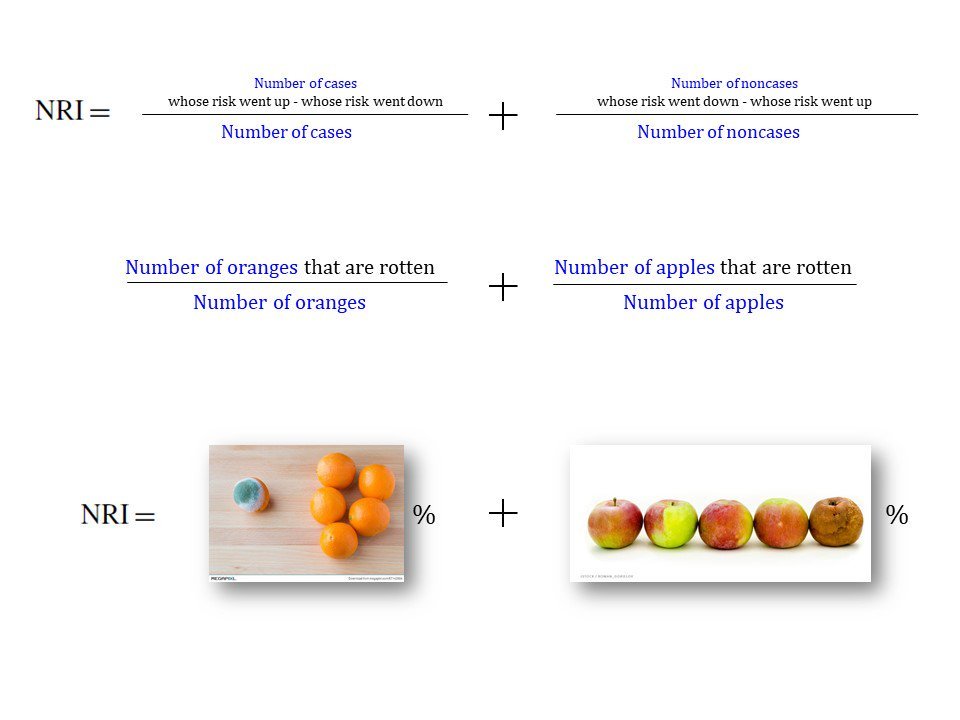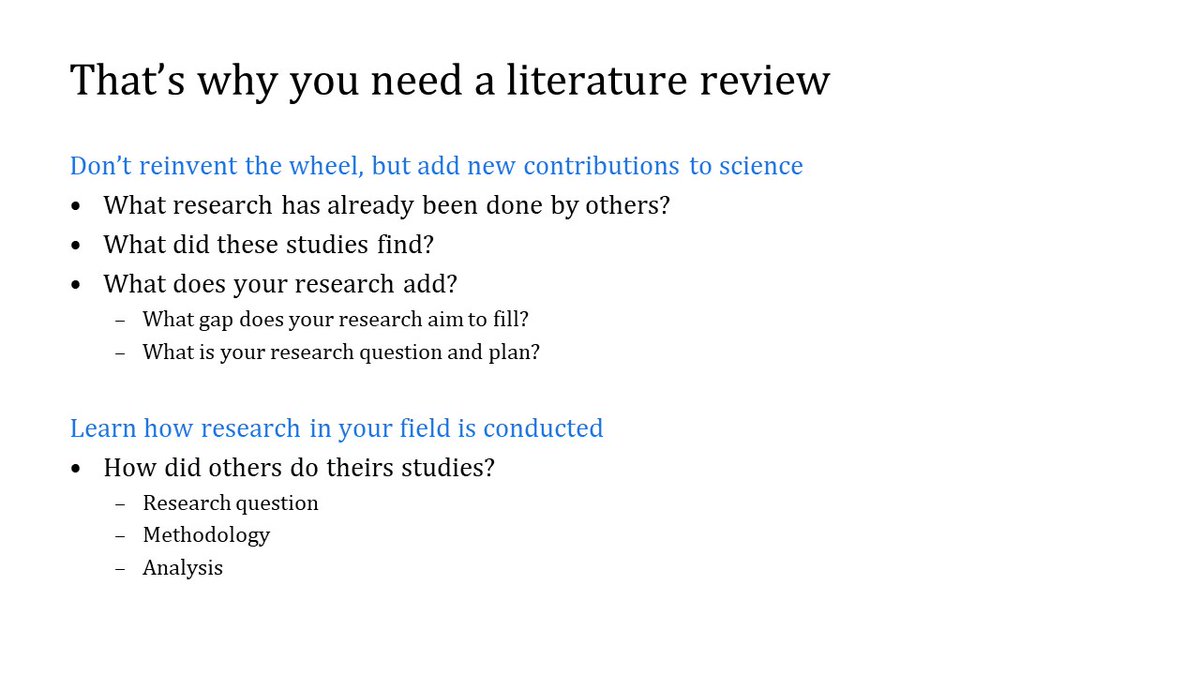A new Dutch study claims the survival benefits of mastectomy for BRCA carriers are minimal: carriers who had not undergone mastectomy developed breast cancer (BC) more often, but mostly didn’t die from it.
I’m not convinced.
(thread)
link.springer.com/epdf/10.1007/s…
I’m not convinced.
(thread)
link.springer.com/epdf/10.1007/s…

The results follow from a survival analysis, which seem to suggest that a group of young women was followed for 45 years, except that the numbers of women contributing data at each age in each group (under x-axis) were small and went up and down. 

This hints that the graphs are a ‘compilation’, which is true: the average age at study entry was approx 40yrs and women were followed for approx 10yrs, not for 45yrs. Hence the small numbers at (lower and) higher ages. This hints to a potential problem: survivor bias. 

Only women who had no history of cancer were eligible. This means that, at higher ages, this included women who did not get cancer before. These women may be healthier than average, their prognosis may be better, suggesting the survival may be overestimated (looking too good). 

Excluding people who already had the disease is often justified to make sure that a risk factor precedes the onset of disease. But BRCA mutations precede by definition. The date of the DNA test does not change the mutation status. Why then excluding women with BC?
The authors’ concern is testing bias. Women opt DNA tests to decide about surgery. Women who had BC before DNA testing could not make that decision and are, not by choice, in the surveillance group. Also in the surveillance group are carriers who did not get tested (yellow). 

This study only looks at carriers. The BC risk in the surveillance group would be underestimated (looking worse) if the carriers who get tested after their diagnosis are included, but the unknown untested carriers cannot be considered in this study.
To minimize the risk of this testing bias, the authors took the date of DNA test as study baseline and excluded all women who developed BC before DNA testing. Doing so, they excluded 1,994 carriers who developed cancer, leaving only 420 women with BC in the study. 

And that is likely the reason why the survival looks so favorable: most carriers who developed BC were excluded from the study.
Testing bias is real, but so are other biases. Bias should be rigorously inspected before attempting to get rid of it.
/end
Testing bias is real, but so are other biases. Bias should be rigorously inspected before attempting to get rid of it.
/end

• • •
Missing some Tweet in this thread? You can try to
force a refresh
















